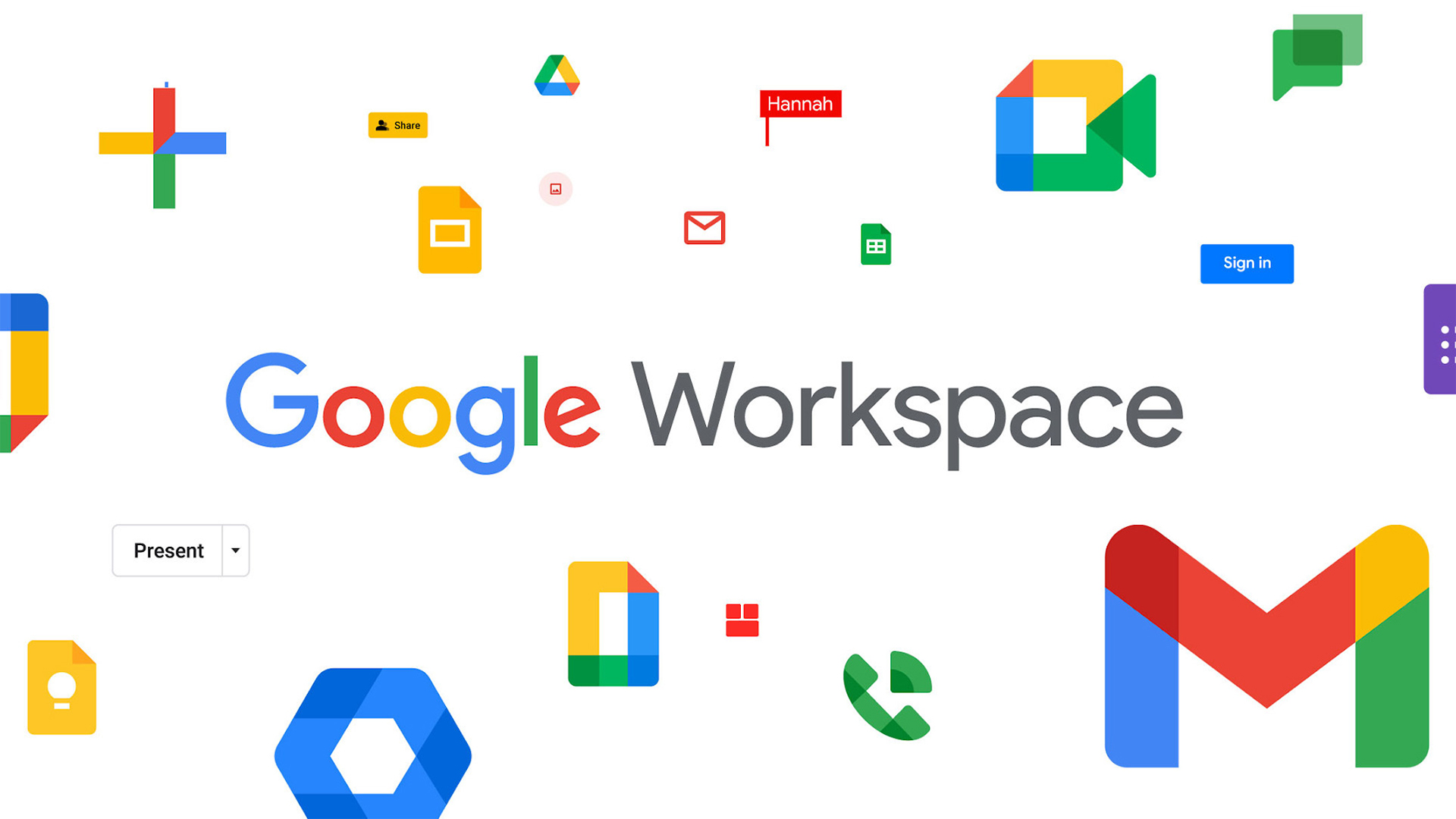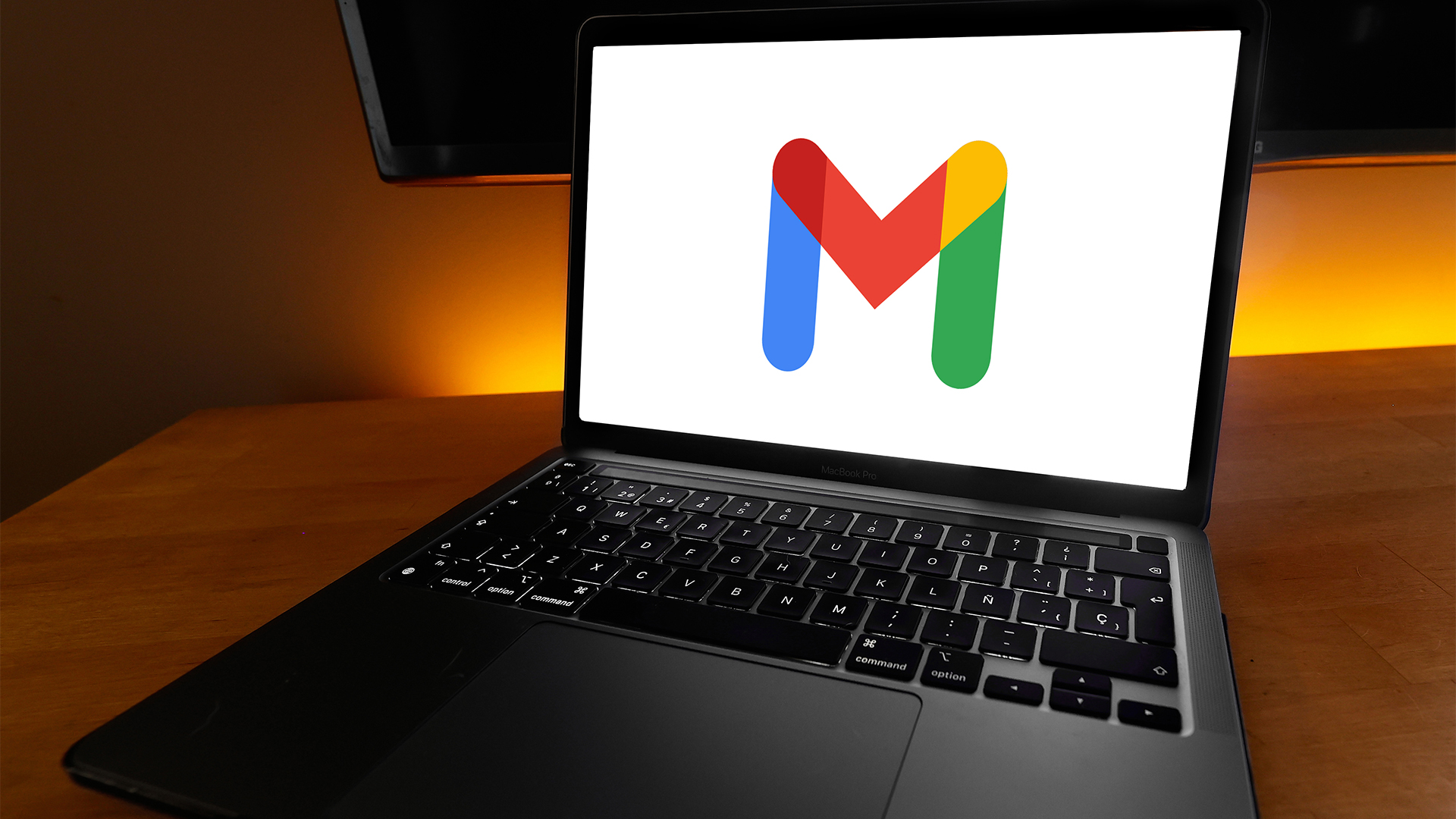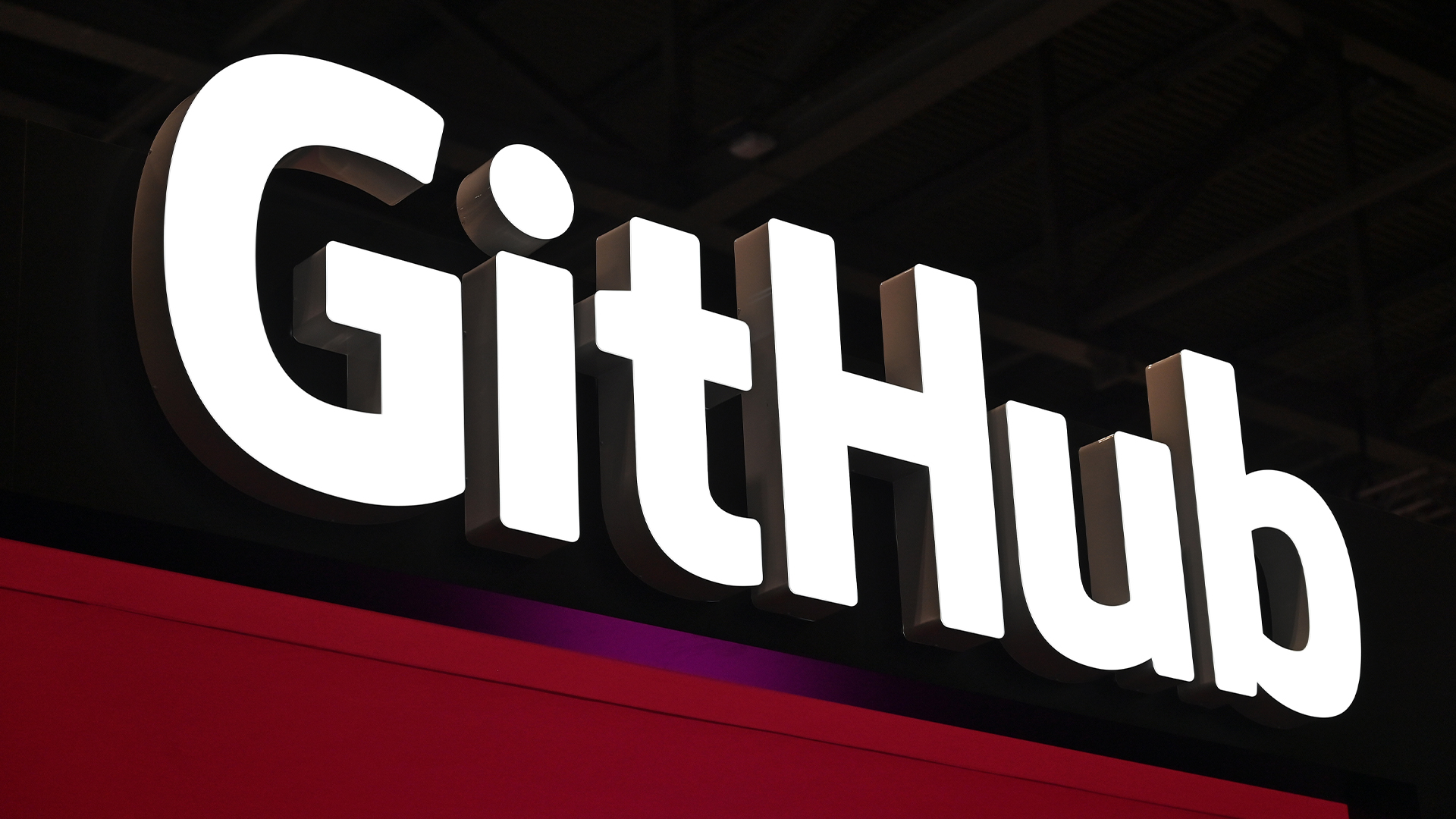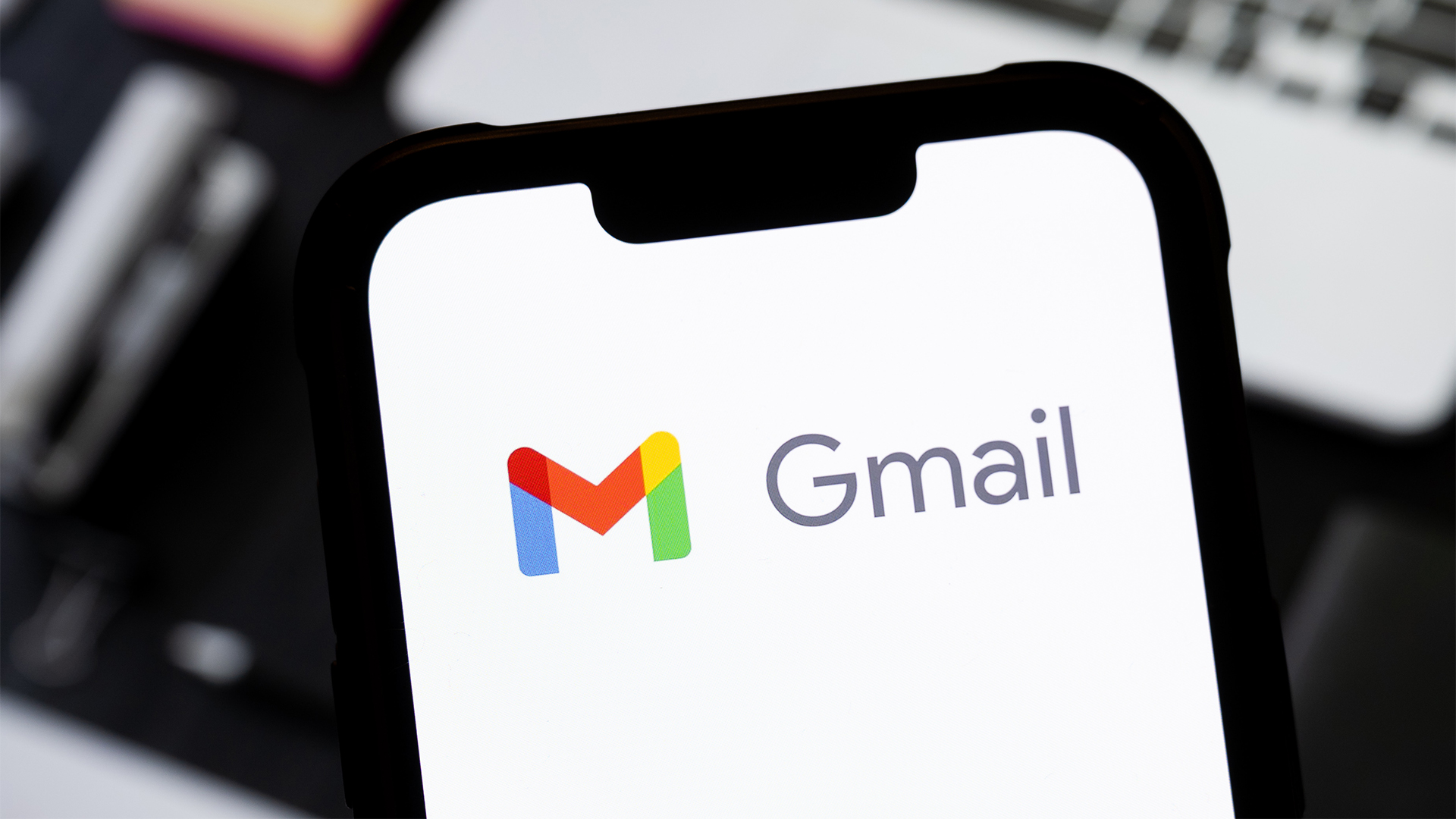Google Workspace is getting a Gemini makeover – but prices are going to increase
The new pricing structure may help Google boost competition with Microsoft


Google has removed add-on fees for Gemini in Workspace, though the firm is upping the price of its plans to reflect the addition of this offering.
Gemini will be built into Workspace’s business and enterprise plans without the need to purchase pricey plan upgrades, which previously could add an additional $20 per user per month.
For example, a customer using the old annual ‘Business Standard’ plan with a Gemini Business add-on paid $32 per user, per month, compared with $12 per user, per month for the default Business Standard plan.
The new annual price of the Business Standard plan will increase by $2 though, from $12 per user, per month to $14. Google called this a simplification of the old price plan to bring the “added value” of Gemini to all Workspace customers.
“We believe AI is foundational to the future of work and its transformative power should be accessible to every business and every employee, at an affordable price,” Jerry Dischler, president of Cloud Applications, wrote in the announcement.
The pricing will take effect for new customers and on March 17 this year for those on monthly subscription plans. For those on annual and fixed-term plans, pricing effects will take place on renewal dates, unless renewal dates are earlier than March 17.
Small business customers will not be subject to the pricing changes at this time, Dischler said.
Sign up today and you will receive a free copy of our Future Focus 2025 report - the leading guidance on AI, cybersecurity and other IT challenges as per 700+ senior executives
At the start of 2024, Google rolled out price changes specific to its monthly subscription-based plans, upping the cost of ‘Starter,’ ‘Standard,’ and ‘Plus’ business plans by $1.20, $2.40, and $3.60, respectively.
New pricing gives Google a competitive edge
Google’s decision to do away with add-on pricing is a bold move according to Forrester analyst J.P. Gownder, and may put the firm in a stronger position to compete with productivity suite rival Microsoft.
“Until Google’s announcement, embedded solutions required expensive add-on licenses. Google’s bold move here reminds us that products can evolve into features; viable offerings seek monetization in other ways; and tempts us to say Google failed, but it could be a competitive boon,” J.P. Gownder told ITPro.
While it may not be time to switch from Microsoft 365 to Google Workspace, Gownder said Workspace will now be more competitive with Microsoft 365.
RELATED WHITEPAPER

“Attractive pricing matters. Especially when, at its new price, Google brings credible performance, a small but non-trivial roster of enterprise clients, and also some differentiated generative AI features, including the innovative NotebookLM and Vids, a video-creation generative AI tool,” Gownder said.
“Despite Google’s appeal, Microsoft 365’s ubiquity and quality remain hard to dislodge. Migrating M365 documents, SharePoint sites, and macros to Workspace remains a monumental effort. Microsoft will, however, feel pricing pressure,” he added.

George Fitzmaurice is a former Staff Writer at ITPro and ChannelPro, with a particular interest in AI regulation, data legislation, and market development. After graduating from the University of Oxford with a degree in English Language and Literature, he undertook an internship at the New Statesman before starting at ITPro. Outside of the office, George is both an aspiring musician and an avid reader.
-
 What is Microsoft Maia?
What is Microsoft Maia?Explainer Microsoft's in-house chip is planned to a core aspect of Microsoft Copilot and future Azure AI offerings
-
 If Satya Nadella wants us to take AI seriously, let’s forget about mass adoption and start with a return on investment for those already using it
If Satya Nadella wants us to take AI seriously, let’s forget about mass adoption and start with a return on investment for those already using itOpinion If Satya Nadella wants us to take AI seriously, let's start with ROI for businesses
-
 New Gemini features are coming to Gmail, but don't worry, you can switch them off – Google says they're not a 'forced requirement' and users can opt for the classic version
New Gemini features are coming to Gmail, but don't worry, you can switch them off – Google says they're not a 'forced requirement' and users can opt for the classic versionNews Google has announced plans for deeper AI integration within Gmail to help users automate inboxes, here's how to turn the features off.
-
 Google CEO Sundar Pichai thinks software development is 'exciting again' thanks to vibe coding — but developers might disagree
Google CEO Sundar Pichai thinks software development is 'exciting again' thanks to vibe coding — but developers might disagreeNews Google CEO Sundar Pichai claims software development has become “exciting again” since the rise of vibe coding, but some devs are still on the fence about using AI to code.
-
 GitHub is scrapping some Claude, OpenAI, and Gemini models in Copilot – here's what you need to know and what alternatives are available
GitHub is scrapping some Claude, OpenAI, and Gemini models in Copilot – here's what you need to know and what alternatives are availableNews GitHub Copilot users are urged to switch to the newer models following the retirement cut-off
-
 UK government programmers trialed AI coding assistants from Microsoft, GitHub, and Google – here's what they found
UK government programmers trialed AI coding assistants from Microsoft, GitHub, and Google – here's what they foundNews Developers participating in a trial of AI coding tools from Google, Microsoft, and GitHub reported big time savings, with 58% saying they now couldn't work without them.
-
 Google's new Jules coding agent is free to use for anyone – and it just got a big update to prevent bad code output
Google's new Jules coding agent is free to use for anyone – and it just got a big update to prevent bad code outputNews Jules came out of beta and launched publicly earlier this month, but it's already had a big update aimed at improving code quality and safety.
-
 This handy new Gmail feature is exactly what you need to clean up your inbox
This handy new Gmail feature is exactly what you need to clean up your inboxNews A simple change in Gmail will give users more control over repeat senders
-
 OpenAI's plan to acquire AI coding startup Windsurf ended in disaster – here’s how the deal fell apart
OpenAI's plan to acquire AI coding startup Windsurf ended in disaster – here’s how the deal fell apartNews The acquisition by Cognition comes after a rumored $3bn offer from OpenAI fell through
-
 How immersive does a video meeting really need to be?
How immersive does a video meeting really need to be?Opinion It’s time to accept that virtual business meetings are awful and no amount of innovation will make them more engaging